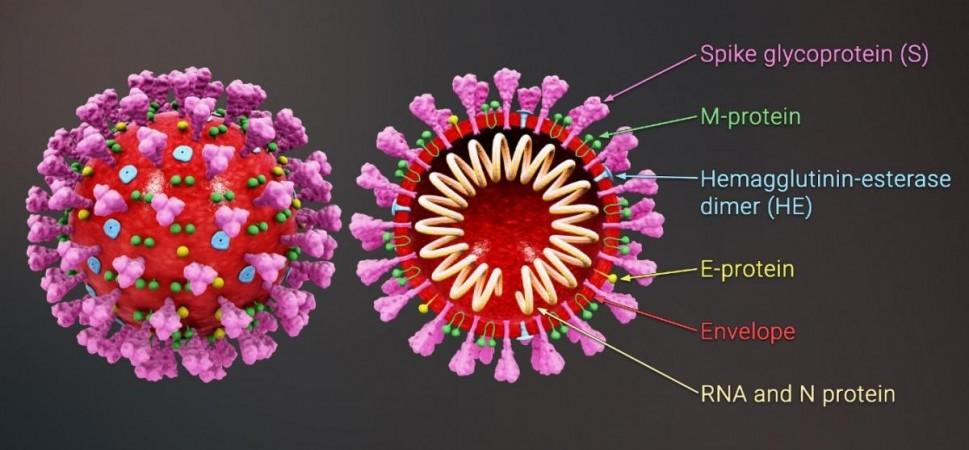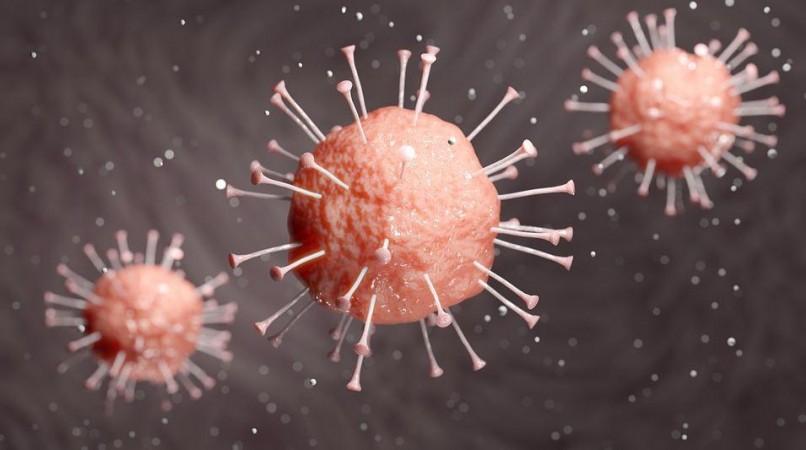It is common knowledge that neutralizing antibodies are produced by the immune system following a viral infection, including COVID-19. These antibodies help in the suppression of the SARS-CoV-2 virus. However, a new study has discovered that the body also produces antibodies that can worsen the viral infectivity of the coronavirus.
A multi-institutional study has found for the first time that infection-enhancing antibodies are also produced along with neutralizing antibodies in COVID-19 patients. According to the research, the production of infection-enhancing antibodies diminished the ability to neutralize antibodies in preventing infection.
"We found that when infection-enhancing antibodies bind to a specific site on the spike protein of SARS-CoV-2, the antibodies directly cause a conformational change in the spike protein, resulting in the increased infectivity of SARS-CoV-2. Neutralizing antibodies recognize the RBD, whereas infection-enhancing antibodies recognize specific sites of the N-terminal domain (NTD)," said Prof. Hisashi Arase, lead author of the study, in a statement.
Enhancing Binding of the Spike

The SARS-CoV-2 coronavirus uses its 'spike' (a hook-like protein structure found on its surface) to bind with ACE2 receptor (Angiotensin-converting enzyme 2)—an enzyme found on the surface of cells—and invade human cells. This binding with the host cells is said to take place at the receptor-binding domain (RBD) of the spike protein. Antibodies directed towards the RBS of the SARS-CoV-2 virus's spike play a crucial role as neutralizing agents that inhibit the binding with ACE2. However, the functions of antibodies produced against other sites of the spike have remained largely unknown.
For the study, the authors examined the function of antibodies against the SARS-CoV-2' spike protein by cultivating a number of monoclonal antibodies from COVID-19 patients. These antibodies acted against the spike. The effects of antibodies on the regions of the spike that bound with ACE2 were analyzed in order to understand the specificity of antibodies. Transfectant cells (or cells with altered properties) that expressed certain sites of the spike were used for the purpose.

It was found that the antibodies that acted against the N-terminal-domain (NTD) of the spike, induced binding with RBD. This enhanced the binding capacity of the spike with ACE2 and its infectivity. Through mutational analysis, the author learnt that all the infection-enhancing antibodies recognized a particular site on the NTD. Structural analysis also revealed that binding of all infection-enhancing antibodies with NTD took place in a similar manner.
Need for Deeper Investigation
In addition to findings of their binding capabilities, infection-enhancing antibodies were also found to be produced in higher amounts in patients with severe COVID-19. The researchers also found that small quantities of infection-enhancing antibodies may also be present in non-infected individuals.

While the involvement of the production of infection-enhancing antibodies with the severity of the disease is likely, the scientists stated that further investigation is necessary for knowing whether they are actually associated with the aggravation of the infection.
"It is important to analyze not only neutralizing antibodies but also infection-enhancing antibodies. In the future, it may be necessary to develop vaccines that do not induce the production of infection-enhancing antibodies, because infection-enhancing antibodies may be more effective against mutant strains in which neutralizing antibodies are not sufficiently effective," concluded Prof. Arase.

















